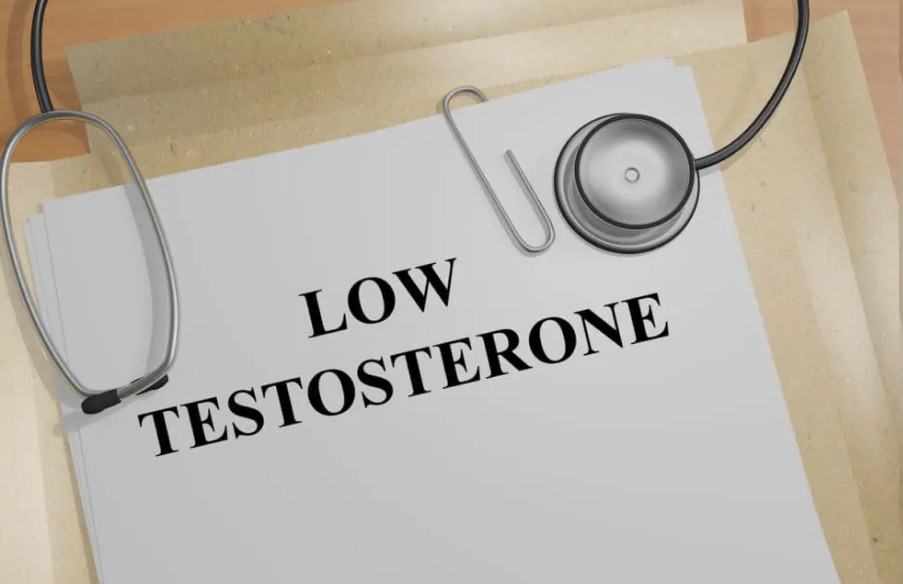
Low testosterone, or hypogonadism, is a condition that affects many men, often leading to physical, emotional, and sexual health concerns. Testosterone is a crucial hormone responsible for various functions, including maintaining muscle mass, bone density, and a healthy libido. But when testosterone levels drop below normal, it can result in noticeable symptoms.
In this blog, we’ll dive into the causes, symptoms, and treatment options for low testosterone, helping you understand how to address this condition effectively.
Understanding Low Testosterone
Testosterone naturally declines as men age, usually starting after the age of 30. While a gradual decrease is normal, certain factors can accelerate this decline or cause testosterone levels to fall prematurely. This hormone deficiency can disrupt daily life and overall well-being if left untreated.
Symptoms of Low Testosterone
Low testosterone levels, when not attributed to the natural aging process, often result from underlying primary or secondary hypogonadism. Hypogonadism occurs when the testicles fail to produce adequate testosterone. This condition can manifest at different stages of life, such as fetal development, puberty, or adulthood.
Fetal Development
When hypogonadism begins during fetal development, it can significantly impact the formation of external sex organs. The degree of testosterone deficiency and its timing during development can result in:
Female genitalia development.
Ambiguous genitalia, where characteristics are not distinctly male or female.
Underdeveloped male genitalia.
Puberty
Hypogonadism during puberty can disrupt normal growth and development, leading to:
Impaired muscle growth.
Lack of deepening of the voice.
Sparse or absent body hair.
Underdeveloped genitals.
Abnormally long limbs.
Breast enlargement (gynecomastia).
Adulthood
In adulthood, testosterone deficiency can manifest in various physical, emotional, and reproductive issues, including:
Chronic fatigue and low energy levels.
Reduced muscle mass.
Infertility.
Erectile dysfunction.
Diminished libido.
Slow hair growth or hair loss.
Decreased bone density, increasing the risk of fractures.
Gynecomastia.
Mental and emotional symptoms, such as fatigue and difficulty concentrating, are also frequently reported by men with low testosterone levels.
Diagnosing Low Testosterone
Diagnosing testosterone deficiency typically involves:
Medical History: A detailed review of symptoms and health history.
Blood Tests: Measuring testosterone levels, often done in the morning when levels are highest.
Imaging Tests: If needed, imaging of the pituitary gland or testicles to rule out structural abnormalities.
Preventing Low Testosterone
While you can’t stop the natural aging process, you can take steps to prevent premature testosterone decline:
Eat a balanced diet rich in nutrients.
Exercise regularly.
Avoid smoking and limit alcohol intake.
Prioritize mental health and manage stress effectively.
Why Choose Dr. Venkatesh Kumar in Noida?
As a leading urologist, sexologist, and robotic surgeon in Noida, Dr. Venkatesh Kumar specializes in diagnosing and treating testosterone-related concerns. With years of experience and cutting-edge treatments, Dr. Kumar provides personalized care to help patients regain their health and vitality.
Final Thoughts
Low testosterone is more common than you might think, but the good news is that it’s manageable with the right approach. Understanding the causes, recognizing the symptoms, and seeking professional care are the first steps toward reclaiming your health and confidence.
If you’re experiencing symptoms of low testosterone, don’t wait. Schedule a consultation with Dr. Venkatesh Kumar today and take charge of your well-being.

